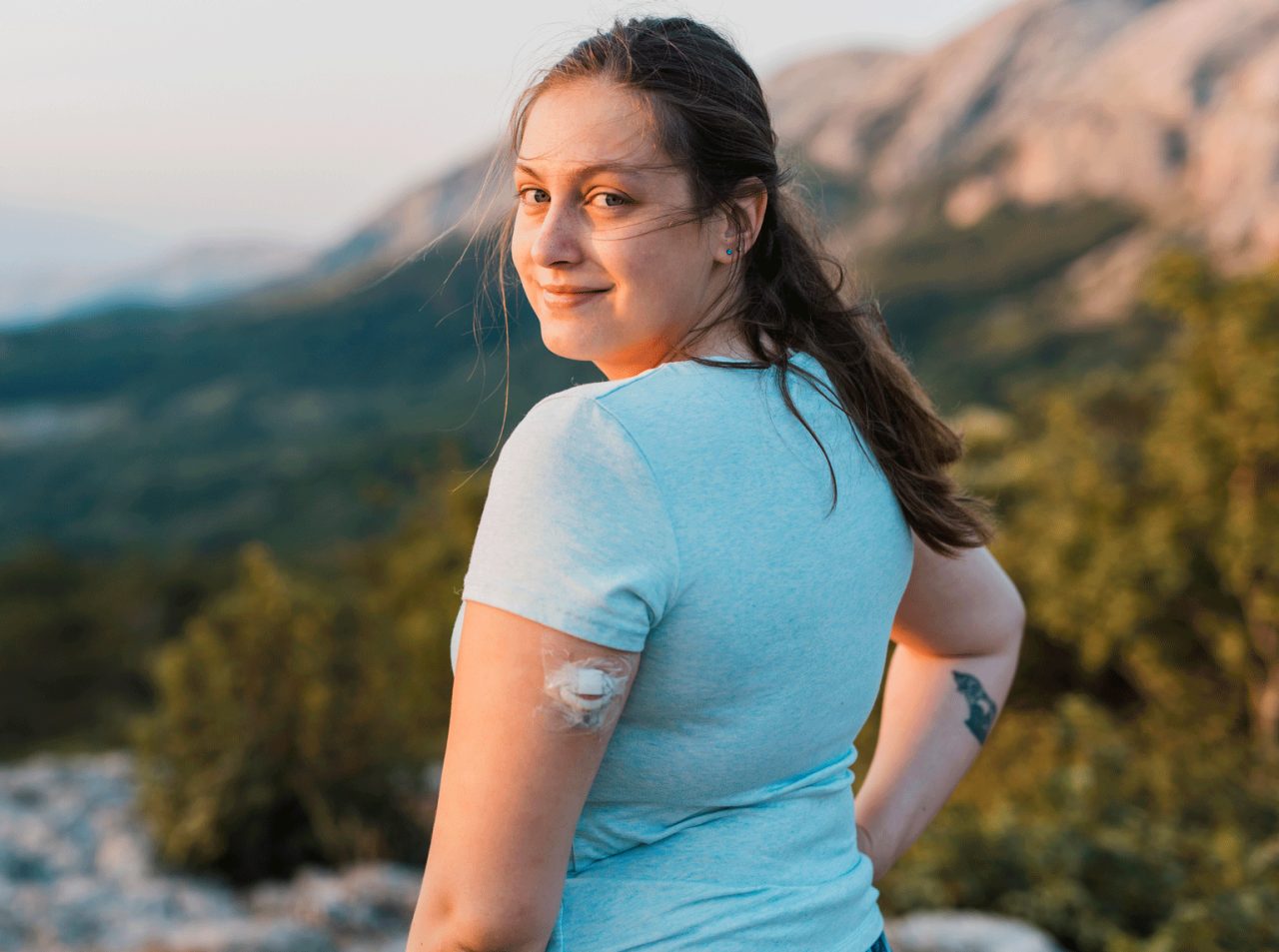Will There Be a Vaccine for Type 1 Diabetes?

One version of the common cold that can damage your heart may also trigger type 1 diabetes. A vaccine could help.
Could a vaccine prevent childhood diabetes? In about half of type 1 diabetes patients, the illness may be set off by a common group of pathogens, the Coxackie B (CVB) family.
CVBs can cause cold symptoms, like many other viruses, including some coronaviruses, the family made famous by COVID-19.
But CVB infections can also be serious, when they damage your heart, an infection called myocarditis, or affect the lining of your brain or spinal cord, an infection called meningitis.
YOU MIGHT ALSO LIKE: Type 1 Diabetes Symptoms
In genetically vulnerable children and young adults, a large study suggested, a CVB infection triggers the immune system to attack insulin-producing cells in the pancreas. The result is type 1 diabetes, when your body produces no insulin at all. In type 2 diabetes, which is by far more common and usually arrives later in life, people end up short on insulin.
Researchers in Sweden and Finland have developed a vaccine that stimulates antibodies against the six known CVB strains of CVB. It has been tested on mice, rhesus monkeys, and in a small double-blind (meaning neither the patients nor the experiment technicians knew who received the vaccine), clinical trial that compared the vaccine to a placebo. The study was published in Diabetes Care.
The 109 patients, aged 12 to 24 years, from clinics in Spain, the Czech Republic, Sweden, and the Netherlands, had all been diagnosed with type 1 diabetes within six months. They took either three doses of the diabetes vaccine, or a placebo, at one-month intervals in a shot into a lymph node. They also took either vitamin D or a placebo.
All of the patients benefited from the treatment, but in a group with a specific genetic vulnerability — HLA DR3-DQ2 positive — 50 percent or more of the insulin producing cells were preserved. The scientists also pointed to good trends in blood sugar control and insulin required. This group represents close to half of all type 1 patients.
The patients were not at any greater risk of infection from CVBs or other viruses. The vaccine may also protect recipients from CVB-caused colds or myocarditis.
The research continued in another clinical trial, with 14 patients aged 30 to 70. After 12 months, none of the participants needed to take insulin.
Meanwhile, another study of two decades of data from Massachusetts General Hospital researchers has been looking at the possibility of repurposing the tuberculosis vaccine for type 1 diabetes.
Although people with type 2 diabetes are known to be at greater risk of a serious case of COVID-19, the evidence for greater risk for type 1 patients is less established.
For some time, viruses have been shown to trigger the onset or relapses of autoimmune diseases, including not only type 1 diabetes but also lupus, rheumatoid arthritis, celiac diseae, and multiple sclerosis. For example, the flu can trigger a relapse of multiple sclerosis. That is one of the reasons some people suspect vaccines for viruses of triggering autoimmune symptoms.
Updated:
February 17, 2023
Reviewed By:
Janet O’Dell, RN